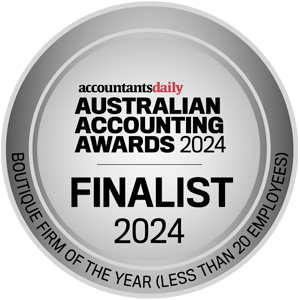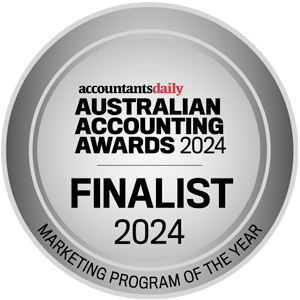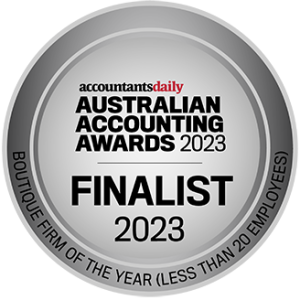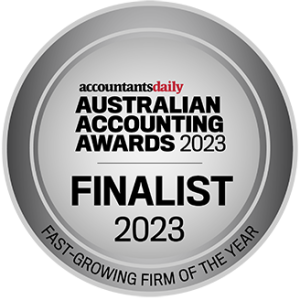
False billing scams are on the rise. The scammers target you or your business by sending a bogus invoice, letter, web domain or magazine subscription renewal notice, or by charging for a fake register or trade directory entry.
Protect your business through vigilance with payments, identifying scams and reporting them.
Some tips to help businesses and NFPs include:
- Limit the number of people in your business who are authorised to make orders and pay invoices. Cloud accounting software can help by providing for real time oversight of payments so you can react swiftly to potential false billings.
- Ensure all staff members are familiar with the warning signs of false billing, such as callers who claim the government requires you to be on their register.
- Keep a central record of your actual subscriptions and trade listings, with correct renewal dates and details so you can confirm if requests are legitimate.
- If a dubious billing dispute arises and the caller tries to threaten you, cease contact.
- Verbally verify account numbers for new suppliers or for changes of suppliers. Don’t rely on email confirmation (it can be intercepted). Or consider a vendor management system that can automate the process.
It you notice false billing activity, take action:
- Confirm details that seem odd with your regular suppliers, such as banking detail variations.
- To stop a bogus transaction or close an account, if the scammer has your account details, contact your financial institution immediately.
- Report fraud and theft to the police.
- Report a scam to the ACCC using their report a scam page.
- Report identity theft to Services Australia.
- Report Cybercrime to ReportCyber.
- Let your industry association and other contacts know about the scam.
Learn more about identifying false billing here.






